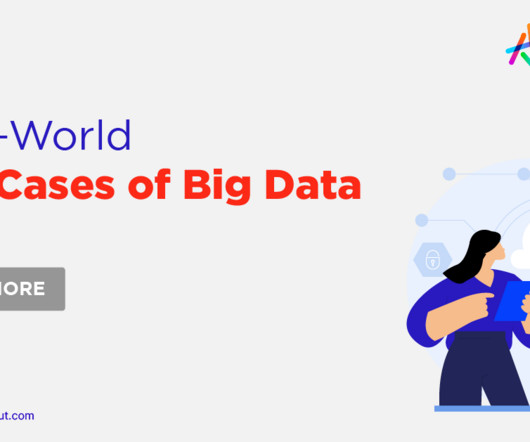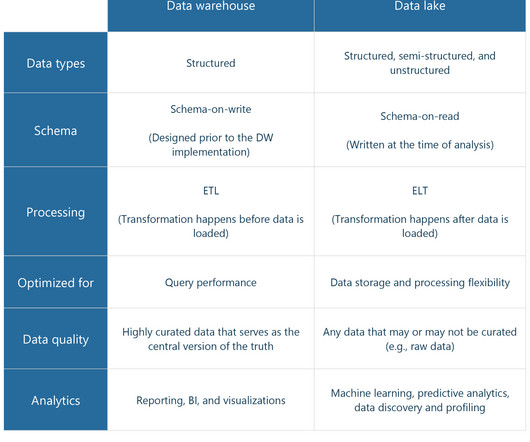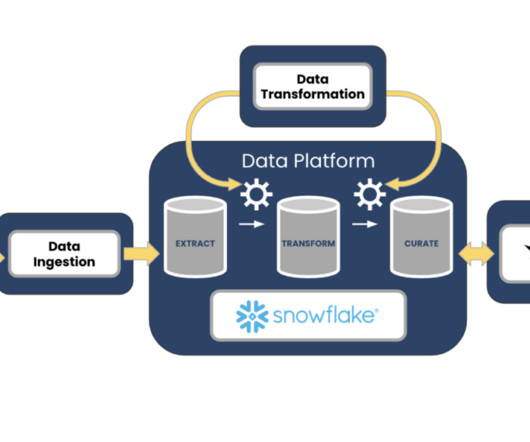Data Governance: Framework, Tools, Principles, Benefits
Knowledge Hut
APRIL 20, 2023
The following are some of the key reasons why data governance is important: Ensuring data accuracy and consistency: Data governance helps to ensure that data is accurate, consistent, and trustworthy. This helps organisations make informed decisions based on reliable data.












Let's personalize your content